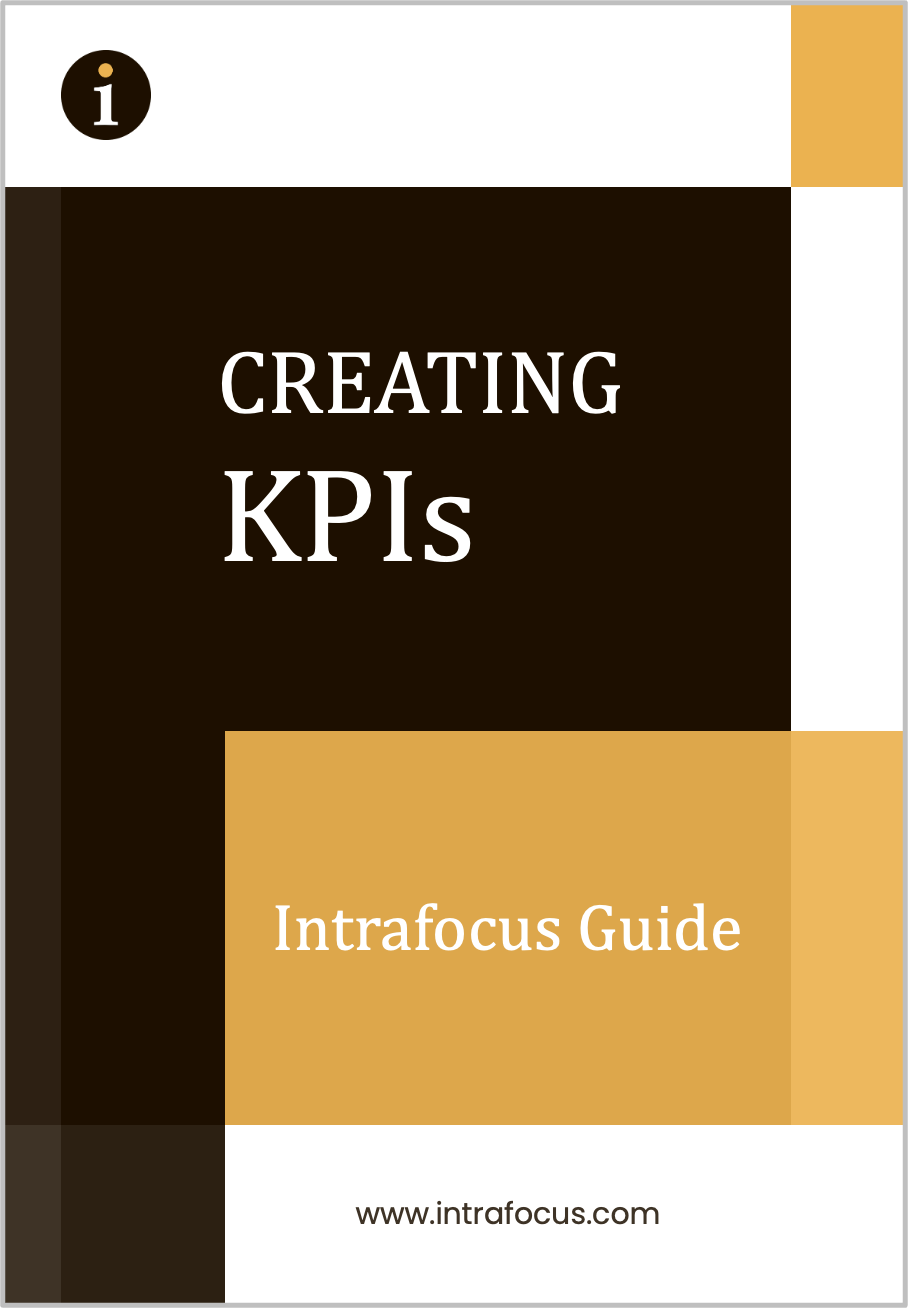Artificial intelligence (AI) has become an integral part of our daily lives, with AI-driven language models like ChatGPT transforming various industries and personal experiences. This article explores how these advanced language models reshape industries and everyday life, highlighting real-life examples and emphasizing their widespread use’s potential benefits and challenges.
ChatGPT: Revolutionising Work
Healthcare
AI-driven language models have made significant strides in the healthcare industry by streamlining medical data analysis, enhancing diagnostics, and improving patient outcomes. For example, ChatGPT can analyze electronic health records, research papers, and clinical guidelines to provide doctors with diagnosis and treatment planning insights. In one case, researchers at Stanford University used a deep learning algorithm to diagnose skin cancer with an accuracy comparable to dermatologists, demonstrating the potential of AI in medical diagnostics.
Finance
In the financial sector, AI-driven language models like ChatGPT are revolutionizing investment strategies and financial management. By analyzing market trends, news articles, and financial reports, these models can provide valuable insights to investors and financial advisors. For instance, JPMorgan Chase’s COIN (Contract Intelligence) system uses natural language processing to review legal documents and extract relevant information, saving thousands of hours of manual labour and reducing the risk of human error.
Legal
The legal industry also benefits from AI-driven language models as they assist in reviewing contracts, case law, and regulations, aiding research and analysis. For example, ROSS Intelligence, an AI legal research assistant, uses natural language understanding to answer legal questions and find relevant case law, enabling lawyers to focus on more critical aspects of their work.
Strategy and Measurement
AI-driven language models like ChatGPT are revolutionizing strategy and measurement processes in various industries. They can rapidly analyze large volumes of data, identify patterns, and generate insights, enabling businesses to formulate more effective strategies and set measurable goals. For instance, ChatGPT can create strategic objectives and associated key performance indicators (KPIs) based on company-specific information. This accelerated approach saves time and resources while providing valuable insights to guide decision-making and monitor progress, ultimately driving business growth and success.
Content Creation and Marketing
ChatGPT: has significantly impacted content creation and marketing. ChatGPT can generate engaging content, draft social media posts, and analyze trends, helping businesses and individuals effectively manage their online presence. In 2021, The Washington Post’s AI technology, Heliograf, generated news articles demonstrating AI’s potential in journalism and content generation.
Influence on Everyday Life
Virtual Assistants and Customer Service
AI-driven language models have made virtual assistants more effective and user-friendly. ChatGPT and similar models can be integrated into messaging apps, customer service systems, and virtual assistants like Amazon’s Alexa, providing contextually accurate responses and improving user satisfaction. For example, Google’s Duplex uses natural language understanding to make phone calls on behalf of users, such as booking appointments or making reservations.
Education
In the education sector, AI-driven language models can provide personalized learning experiences, offer to tutor, and generate educational content. For instance, Carnegie Mellon University’s AI tutoring system, ALEKS, uses adaptive questioning to determine a student’s knowledge level and provides tailored learning paths.
Accessibility
AI-driven language models have also improved accessibility for people with disabilities. They can be integrated into assistive technologies to convert speech to text or vice versa, enabling more effective communication for those with hearing or speech impairments.
Challenges and Future Prospects
While AI-driven language models like ChatGPT have enormous potential, addressing their use’s ethical and social implications is crucial. Privacy concerns, job displacement, and the potential for misuse or manipulation of AI-generated content are significant challenges that must be addressed.
Researchers, developers, and policymakers should collaborate to establish guidelines and regulations ensuring responsible and equitable AI use. Transparency, accountability in AI development, and the importance of human oversight and critical thinking when using AI-generated insights are essential aspects to consider.
ChatGPT has the power to transform industries and everyday life, offering innovative solutions, enhancing communication, and streamlining decision-making processes. Their applications span healthcare, finance, legal, content creation, marketing, education, and accessibility, demonstrating the far-reaching potential of these technologies.
Adopting a responsible and balanced approach is essential as we continue to integrate AI-driven language models into various aspects of our lives. By addressing AI’s ethical and social challenges, we can harness the power of ChatGPT and similar models to benefit society and promote positive change.
In the coming years, we can expect AI-driven language models to evolve further, becoming even more sophisticated and powerful. As technology advances, it will be crucial to explore new applications and ensure that integrating AI-driven language models into our lives is ethical, responsible, and beneficial to all.
By embracing the potential of ChatGPT and addressing the associated challenges, we can work together to shape a future where technology is used to improve communication, enhance decision-making, and ultimately enrich our lives.


